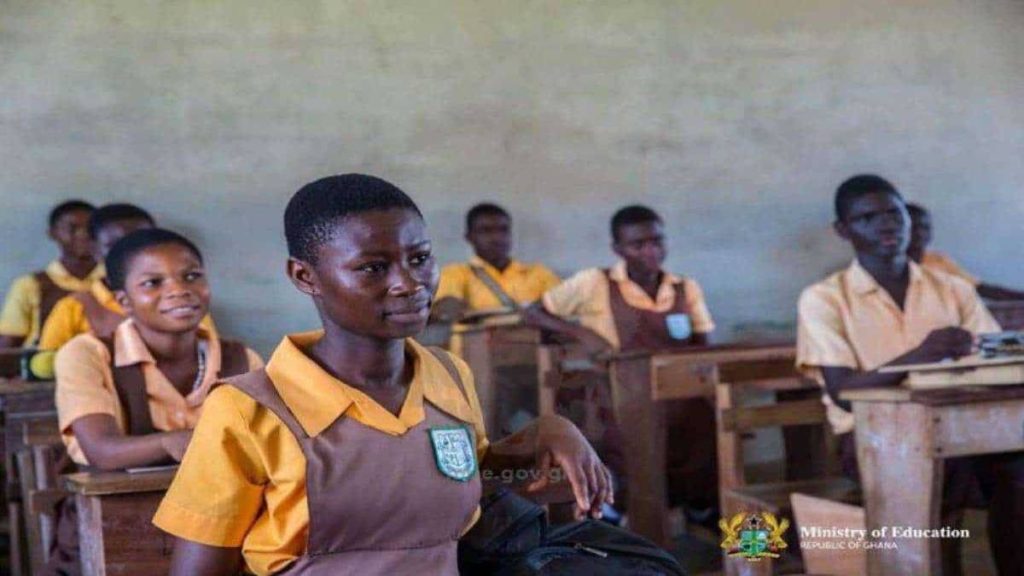Study of English language in public schools is not cancelled – MoE

The Ministry of Education (MoE), following the introduction of local language as the medium of instruction for kindergarten to primary 3, says the study of English Language has not been cancelled.
“The Ministry of Education is keen to ensure that no learner is left behind. We respect their right to quality education. Therefore, the Ministry has not, and will not, cancel the study of English or any other international language,” it said in a statement.
In the statement sighted by Pretertiary.com, the Education Ministry said that the ongoing discussions around the use of local language alongside English for teaching at the lower primary are not part of a new policy, but rather a reinforcement of a long-standing educational principle.
“The policy on the use of children’s home languages with additional languages such as English is not new. It has existed since independence, though its implementation has not always been effective,” it said.
The Ministry explained that the renewed commitment seeks to strengthen foundational learning by ensuring that children begin their education in a language they understand, while gradually developing proficiency in English and other international languages.
“Our education system must equip learners with the foundational skills they need to navigate an increasingly complex and uncertain world. All learners should develop the skills required to thrive, pursue further studies, and transition responsibly into adulthood,” the Education Ministry noted.
Citing international research, the Ministry in Charge of Education (MoE) pointed out that children who are taught in their home or playground languages tend to perform better across all subjects.
“There is strong global evidence that teaching children in a language they understand, alongside English, enhances their performance in all subjects,” the Ministry noted. “Conversely, teaching in a language that learners do not understand creates major barriers to literacy and comprehension.”
To this end, the Ministry is revisiting the language policy from Kindergarten to Basic Year 3, drawing lessons from successful local initiatives such as the Complementary Basic Education (CBE) programme, which effectively incorporates community participation and local languages in early learning.
“Through consultation, our goal is to ensure that by the end of Basic Year 3, Ghanaian children are well-grounded in their home or playground language,” the Ministry added. “This will serve as a solid foundation for learning English and other languages as they progress.”
The statement also highlighted global examples—such as China, Finland, Japan, and Malaysia—where strong home language proficiency supports the acquisition of other languages and fosters national identity and cultural appreciation.
“Proficiency in one’s first language is key to mastering others,” the Ministry of Education indicated, adding that“It also helps young learners develop a sense of identity and respect for cultural values.”
Reaffirming its commitment to inclusive education, the Ministry for Education underscored that every learner or student has the right to quality education that meets both local and global standards.
Meanwhile, School for Life, a Civil Society Organization has commended the Minister for Education, Haruna Iddrisu, for his directive to the Ghana Education Service (GES) to ensure that basic school teachers across the country immediately begin using Ghanaian languages as a medium for teaching and learning in Ghanaian schools.
In a statement, School for Life applauded the Minister’s commitment to constitute a five-member committee to review the current L1 (mother tongue) policy and provide recommendations for its effective implementation.
“This aligns with Ghana’s Education Act and Language Policy, which already support the use of Ghanaian languages as a medium of instruction at the lower primary level, but the implementation of which has faced challenges over the years.”
“For over three decades, School for Life has championed mother-tongue-based education through its Complementary Basic Education (CBE) Programme, which has successfully provided access to foundational literacy and numeracy for hundreds of thousands of out-of-school children,” it said.



